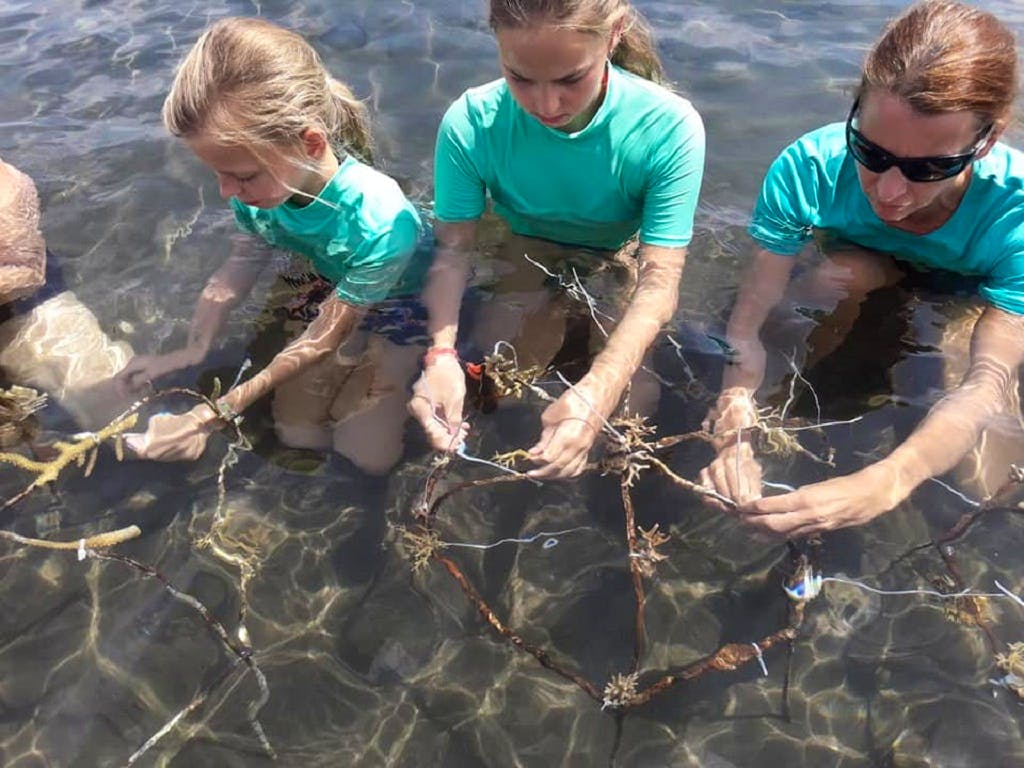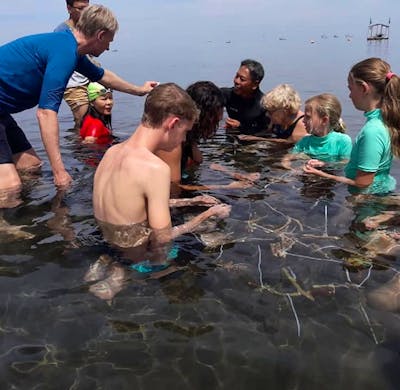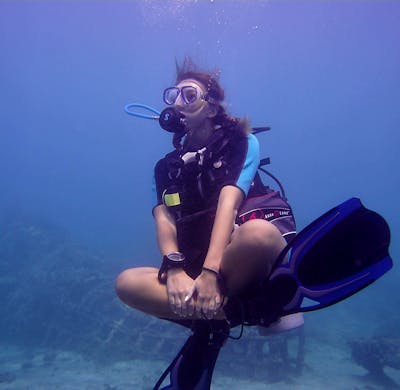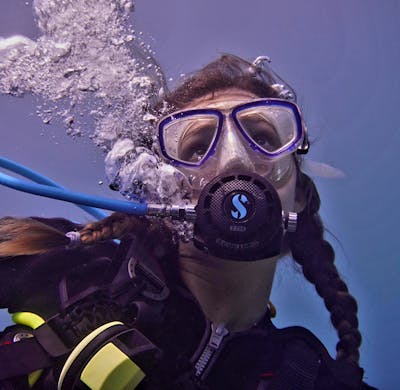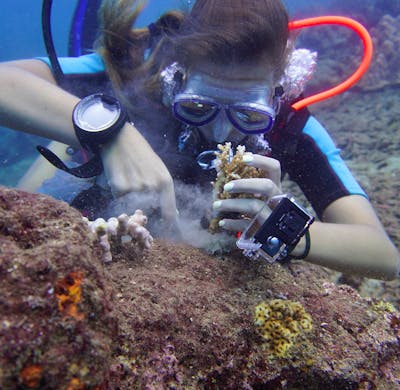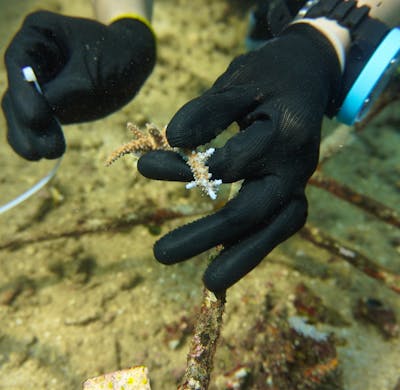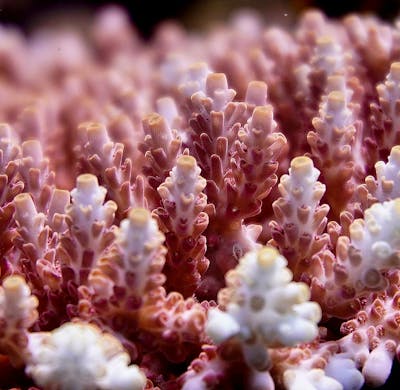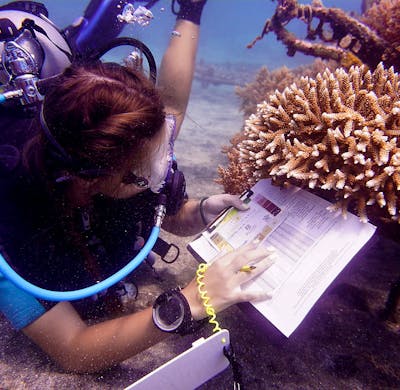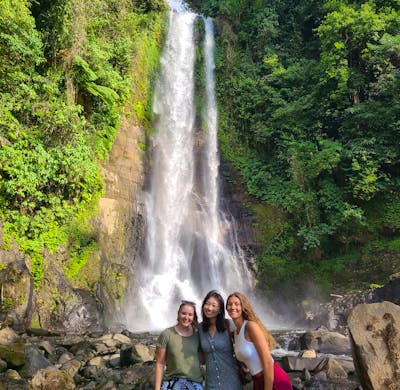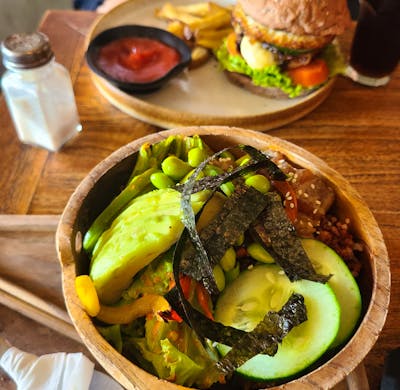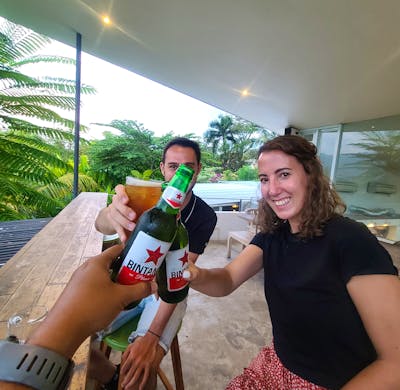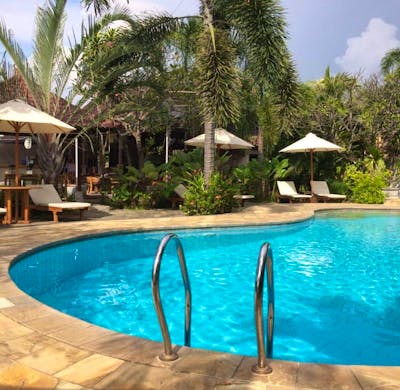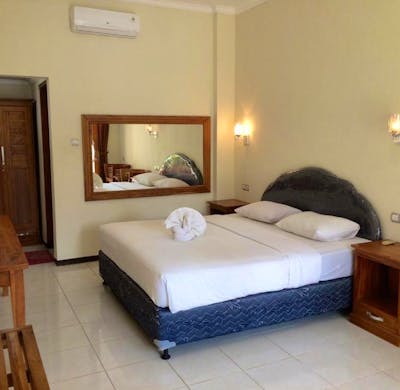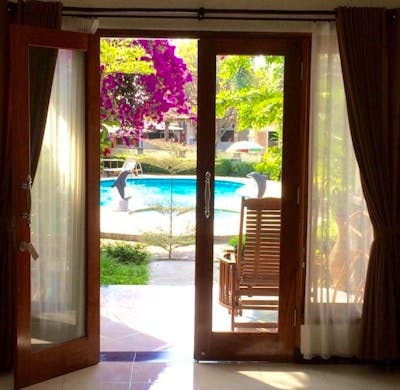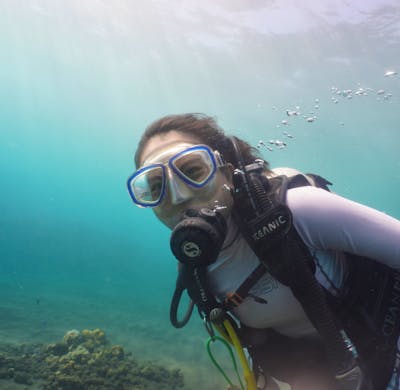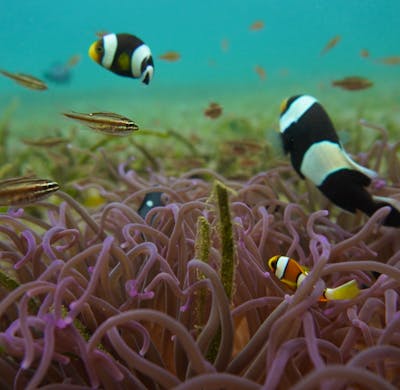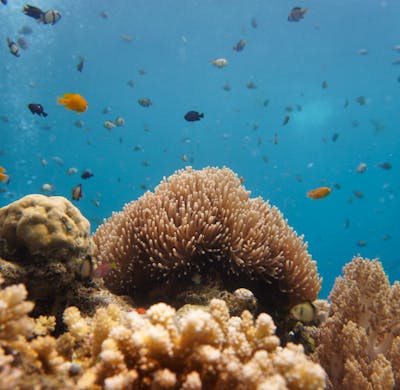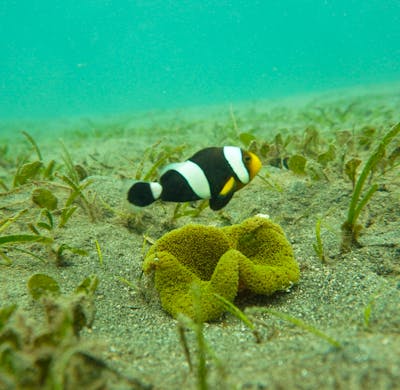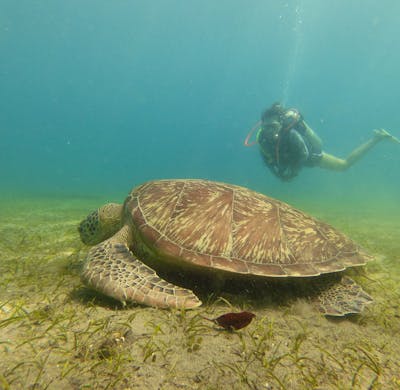2023 at Coral Reef Gardening
from 833€
Outstanding 4.9 (41)
(41)
Coral Reef Gardening
1 - 4 weeks
·
Age 18 - 50+
Verified by Volunteer World
Excellent response rate
Outstanding 4.9 ·
·
Verified by Volunteer World
·
·
·
Verified by Volunteer World
·

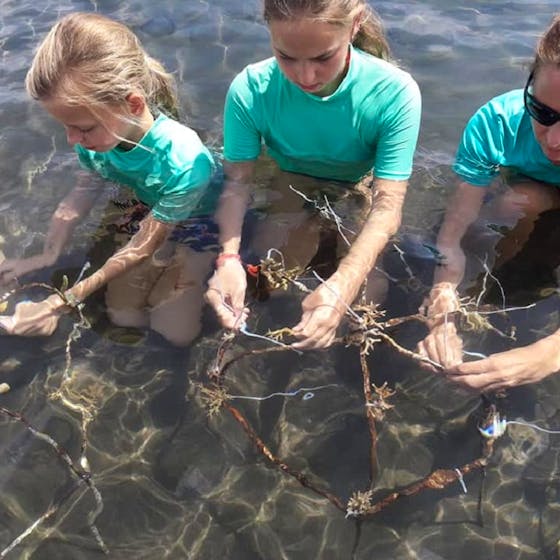
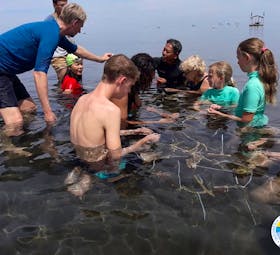
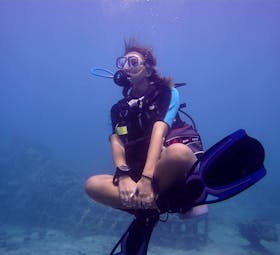
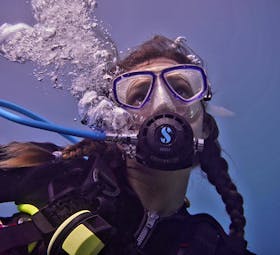
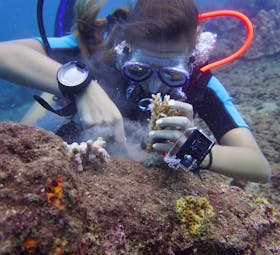
1 - 4 weeks
·
Age 18 - 50+
·
Excellent response rate
Highlights
- Promotes coral production and continuity of native coral species
- Protection of biodiversity and endangered species
- Education and learning, learning experience for human to conceptualize ideas and develop their imagination
- Protects the livelihoods and knowledge of indigenous people and preserve for future generations
- Estethic benefit,watching wild animals, and diving in the ocean make release stress and suffer
Especially suitable
About the program
Protecting coral reefs is not just about stunning underwater landscapes, it's about securing the livelihoods and well-being of countless communities worldwide
We are calling divers, nature lovers, coral reef warriors, and marine enthusiasts to join us to have to restore the coral reef ecosystem from degradation conditions. Stressors include a variety of events, some natural and some human-made. Our conservation program is 70 % underwater-based, diving ...
Typical day
- Breakfast at 08:00-9am.
- Morning activity (options listed above) starts at 09:00. This session finishes around 11:00-11:30.
- Lunch is served at 12:00.
- After lunch volunteers have a break for the hottest part of the day where they can socialize or go to the beach.
- At 14:00 afternoon activity ...
Free-time activities
- Sunrise and morning boat trip with the local fisherman.
- Clear and warm water is the perfect place for snorkeling and diving. At the volunteer camp, we provide all the equipment needed to do these activities. Do not worry if you have limited experience snorkeling or diving, our instructors will be ...
Requirements
What's Included
What's NOT included?
Details on arrival
This program is open all year round. Min stay is 1 week. A volunteer can take part in a program for up to 4 weeks. After we have arrived in Lovina, we will bring you to your homestay and will then introduce you to the local customs and cultures. After that, we will walk to the dive station and meet the dive team
Availability
Jan
Feb
Mar
Apr
May
Jun
Jul
Aug
Sep
Oct
Nov
Dec
Program fees
1 week (min. stay)
833€
2 weeks
1,536€
3 weeks
2,237€
4 weeks (max. stay)
2,940€
Average fees
784€/week
Meet your organization
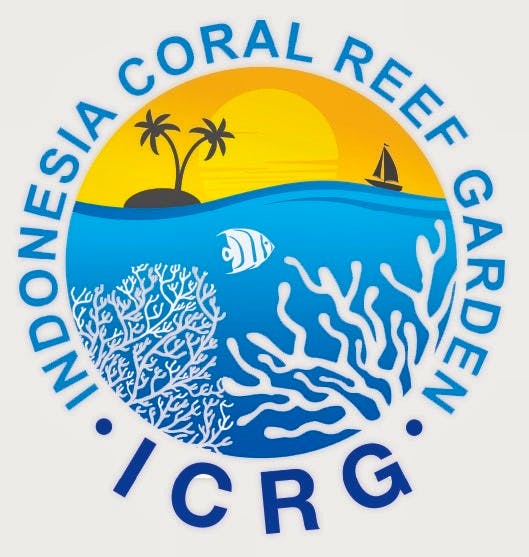
Indonesia Coral Reef Garden
Outstanding 4.9
 (41 reviews)
(41 reviews)
Non-profit - founded in 2019
Verified by Volunteer World
Excellent response rate
Coordinated by

kadek fendi
Spoken languages: Indonesian, English
About the project
Indonesia Coral Reef Garden aims to replant colonies of coral to restore and rehab damaged reefs ecosystem.
41 reviews ·  4.9
4.9
Location

You might also be interested in
-
Bali
Coral Reef Conservation
Snorkeling
Family Volunteering
Best Volunteer Programs
Mission Trips
Group Volunteering
Projects Abroad
Nature Volunteering
Marine Conservation in Indonesia
Volunteer Trips for College Students
Voluntouring
Global Volunteer Opportunities
Planning a Gap Year in Bali
Adults
Couples
